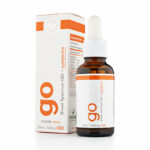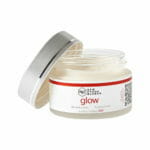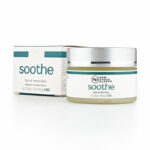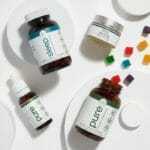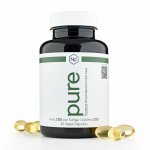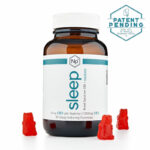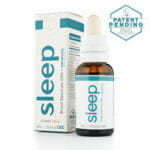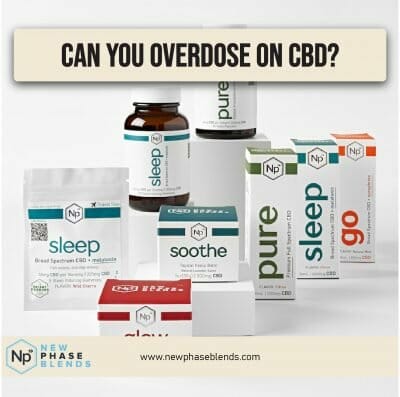The growing popularity of CBD products has sparked important questions about safety, particularly whether it’s possible to overdose on CBD. If you’re considering CBD for wellness purposes, understanding the boundaries of safe consumption is crucial. The reassuring news is that a CBD overdose is far from fatal, but there are important safety considerations every user should understand.
This comprehensive guide will help you understand CBD safety limits, recognize the signs of taking too much, and establish proper CBD serving guidelines. As someone navigating the expanding world of CBD products, you’ll learn evidence-based information to make informed decisions about your wellness routine. We’ll cover everything from recommended dosages to what happens when you exceed safe limits, ensuring you can use CBD products confidently and responsibly.
Understanding CBD Safety: What the Research Says
The safety profile of CBD has been extensively studied, with research confirming CBD’s generally favorable safety profile in humans. Unlike many substances, CBD doesn’t carry the risk of fatal overdose that concerns many new users. However, this doesn’t mean unlimited consumption without consequences.
Clinical studies have examined CBD doses ranging from small daily amounts to therapeutic doses exceeding 1,000 mg. The World Health Organization has recognized CBD as generally safe, with most adverse effects being mild to moderate. Research indicates that the human body can tolerate relatively high amounts of CBD without life-threatening complications.
The key difference between CBD and substances that can cause fatal overdoses lies in how CBD interacts with our body’s systems. CBD doesn’t depress respiratory function or cause the dangerous physiological changes associated with lethal overdoses of other substances.
What Happens When You Take Too Much CBD?
While you cannot fatally overdose on CBD, taking excessive amounts can lead to uncomfortable side effects. Large doses of CBD gummies, CBD tinctures, oils or other forms will not cause a lethal overdose, but will have some unpleasant side effects.
The most commonly reported side effects of excessive CBD consumption include drowsiness, digestive upset, and changes in appetite. Some users experience dry mouth, dizziness, or mild nausea when consuming amounts significantly higher than recommended serving sizes.
These effects typically occur when individuals consume several times the recommended dose, often by mistake or through misunderstanding proper serving sizes. The symptoms are generally temporary and subside as the CBD processes through your system, usually within a few hours to a day.
Understanding these potential effects helps you recognize when you’ve consumed too much and adjust your serving size accordingly. Most people find that returning to appropriate doses eliminates any unwanted effects.
Establishing Your Proper CBD Serving
Determining the right CBD serving size requires understanding several personal factors. A good starting point for most people is 25 mg CBD per day, though individual needs vary significantly based on body weight, metabolism, and desired effects.
Body weight plays a significant role in CBD dosing. The general thinking is that it takes about 1 to 5 milligrams of CBD per 10 pounds of weight for it to be effective. This means a 150-pound person might start with 15-75 mg daily, while a 200-pound person might begin with 20-100 mg.
However, the “start low and go slow” approach remains the gold standard for new CBD users. Beginning with smaller amounts allows you to assess your individual response and gradually increase until you achieve desired effects. This method minimizes the risk of taking too much while helping you find your optimal dose.
Consider your specific wellness goals when determining serving size. General wellness maintenance typically requires lower doses than targeted therapeutic applications. Many users find that consistency matters more than high doses, with regular smaller amounts providing better results than occasional large servings.
CBD Products for Sale by New Phase Blends
Type: CBD oil for energy
CBD: 16mg per serving
Features: Synephrine and CBD blend for energy & focus enhancement
Type: CBD Acne Cream
CBD: 1000mg per 1oz jar
Features: Salicylic acid and CBD blend to stop acne
Type: High strength CBD balm
CBD: 1000mg or 2000mg
Features: Free shipping, money back guarantee
Type: CBD Starter Kit Bundle
Includes: Tincture, Balm, and Gummies
Features: You create your own kit with your custom product choices
Type: Pure CBD Softgel Capsules (Vegan)
CBD: 40mg per Capsule
Features: Free Shipping, Money Back Guarantee
Type: CBD gummies for sleep
CBD: 45mg per gummy
Features: Free Shipping, Money Back Guarantee
Type: CBD Oil For Sleep
CBD: 66mg per serving
Features: Free shipping, money back guarantee
Factors That Influence CBD Tolerance and Effects
Several factors determine how CBD affects you and what constitutes an appropriate serving size. Your metabolism significantly influences how quickly your body processes CBD and how long effects last. People with faster metabolisms may need more frequent doses, while those with slower metabolisms might find effects last longer.
Age and overall health status also play important roles. Older adults often require lower doses due to changes in metabolism and potential interactions with medications. Those with certain health conditions may be more sensitive to CBD’s effects and should start with particularly small amounts.
The method of consumption dramatically affects CBD’s potency and duration. Sublingual tinctures provide faster onset but shorter duration compared to edibles, which take longer to work but provide extended effects. Understanding these differences helps you choose appropriate serving sizes for your preferred consumption method.
Previous experience with cannabis products can influence your CBD tolerance. However, CBD tolerance develops differently than THC tolerance, and many users find they can maintain effective doses without needing to increase amounts over time.
Common Mistakes That Lead to Taking Too Much CBD
New CBD users often make calculation errors when determining serving sizes. Sometimes it’s harder to figure out how much CBD is in one drop because the packaging specifies the total amount of CBD in the entire bottle, but not the amount that will be in a single drop. This confusion can lead to accidentally consuming much more than intended.
Another common mistake involves switching between product types without adjusting for potency differences. Moving from a low-potency gummy to a high-concentration tincture without recalculating doses can result in consuming several times your intended amount.
Impatience with results leads some users to take additional doses too quickly. CBD effects can take 30 minutes to 2 hours to fully manifest, depending on the consumption method. Taking more because you don’t feel immediate effects can result in consuming too much once all doses take effect.
Mixing multiple CBD products simultaneously without accounting for total daily intake represents another frequent error. Using a morning tincture, afternoon gummy, and evening topical might provide more CBD than intended when combined.
Signs You’ve Consumed Too Much CBD
Recognizing the signs of excessive CBD consumption helps you adjust your routine appropriately. Unusual drowsiness, especially during daytime hours, often indicates you’ve taken more than your body currently needs. This differs from the relaxation many users seek and instead feels like overwhelming sleepiness.
Digestive changes, including nausea, diarrhea, or significant appetite changes, can signal overconsumption. While CBD can affect appetite and digestion at normal doses, dramatic changes often indicate excessive intake.
Dizziness or lightheadedness, particularly when standing up, may occur with higher doses. This effect typically resolves as your body processes the CBD but indicates you should reduce your next serving size.
Changes in mood or increased anxiety can paradoxically occur with very high CBD doses, even though lower doses often provide calming effects. If you notice increased restlessness or anxiety after taking CBD, consider reducing your amount.
How to Recover From Taking Too Much CBD
If you’ve consumed too much CBD, the most important step is remaining calm. Remember that CBD cannot cause fatal overdose, and any uncomfortable effects will pass. Stay hydrated by drinking water, but avoid excessive amounts that might worsen nausea.
Rest in a comfortable environment and avoid driving or operating machinery until effects subside. Many people find that gentle activity like walking helps them feel better, while others prefer to rest quietly.
Avoid consuming more CBD or other substances until effects wear off completely. This includes alcohol, which can intensify drowsiness and other side effects.
Consider keeping a journal of your CBD consumption to identify what led to taking too much. Recording doses, timing, and effects helps prevent similar situations and guides future dosing decisions.
Building a Safe CBD Routine
Creating a sustainable CBD routine starts with establishing consistent timing and dosing. Many users find success taking CBD at the same time daily, which helps maintain steady levels in their system and makes it easier to assess effects.
Track your consumption using a notebook or smartphone app. Record the amount, time, product type, and any effects you notice. This information becomes invaluable for optimizing your routine and avoiding overconsumption.
Choose quality products from reputable manufacturers who provide third-party lab testing results. These tests verify CBD content accuracy, helping you dose precisely and avoid products with unexpected potency levels.
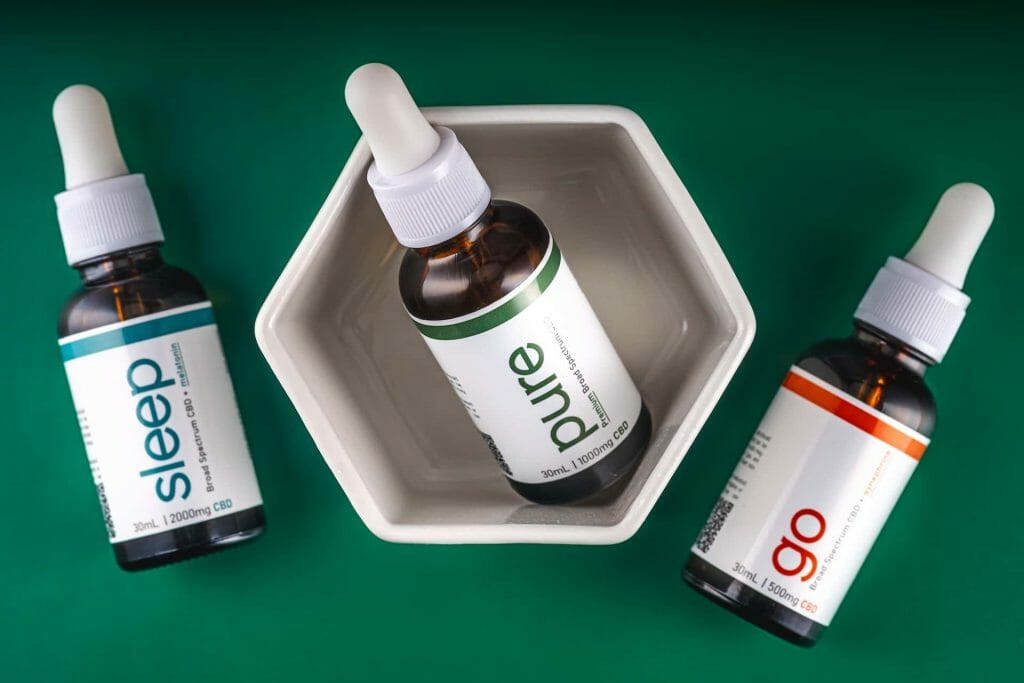
Consider consulting with healthcare providers familiar with CBD, especially if you take medications or have health conditions. They can provide personalized guidance on safe doses and potential interactions.
When to Seek Professional Guidance
While CBD is generally safe, certain situations warrant professional consultation. If you’re taking prescription medications, discuss CBD use with your healthcare provider before starting. CBD can interact with various medications, potentially affecting their effectiveness or increasing side effects.

Pregnant or breastfeeding women should consult healthcare providers before using CBD products. Limited research exists on CBD’s effects during pregnancy and lactation, making professional guidance essential.
Those with liver conditions should exercise particular caution with CBD, as high doses may affect liver function. Regular monitoring may be necessary for people with existing liver issues who choose to use CBD.
If you experience persistent or severe side effects from CBD use, discontinue use and consult a healthcare provider. While serious adverse reactions are rare, individual responses can vary significantly.
The Bottom Line on CBD Safety
The question “can you overdose on CBD” has a clear answer: fatal overdose is not possible with CBD alone. However, this doesn’t mean you should consume unlimited amounts without consideration. Proper CBD serving sizes, awareness of your individual response, and understanding potential side effects ensure safe and effective use.
Start with low doses, increase gradually, and pay attention to how your body responds. Quality products, accurate dosing, and consistent routines provide the foundation for safe CBD use. Remember that more isn’t always better with CBD, and finding your optimal dose often involves patience and careful observation.
By following evidence-based guidelines and maintaining awareness of your consumption, you can enjoy CBD’s potential benefits while minimizing any risks. Whether you’re new to CBD or looking to optimize your current routine, prioritizing safety ensures a positive experience with these increasingly popular wellness products.



